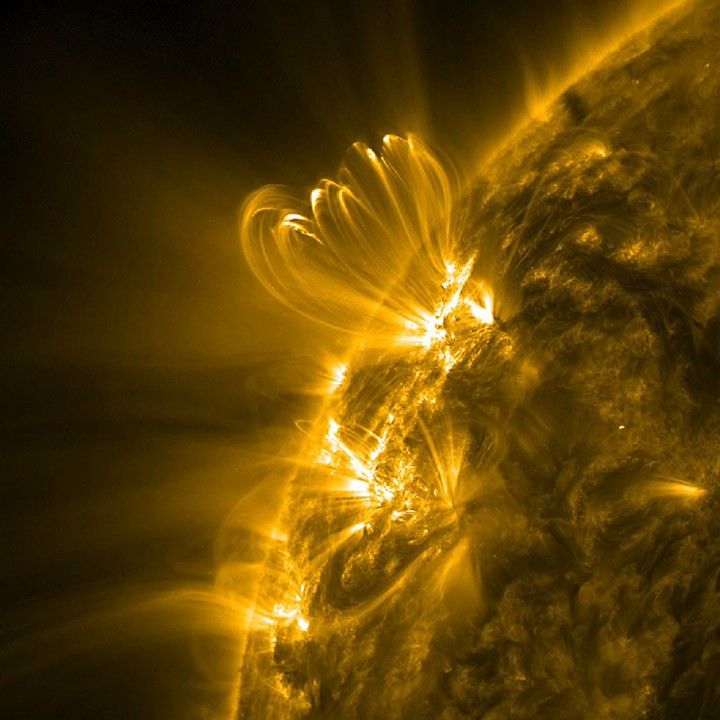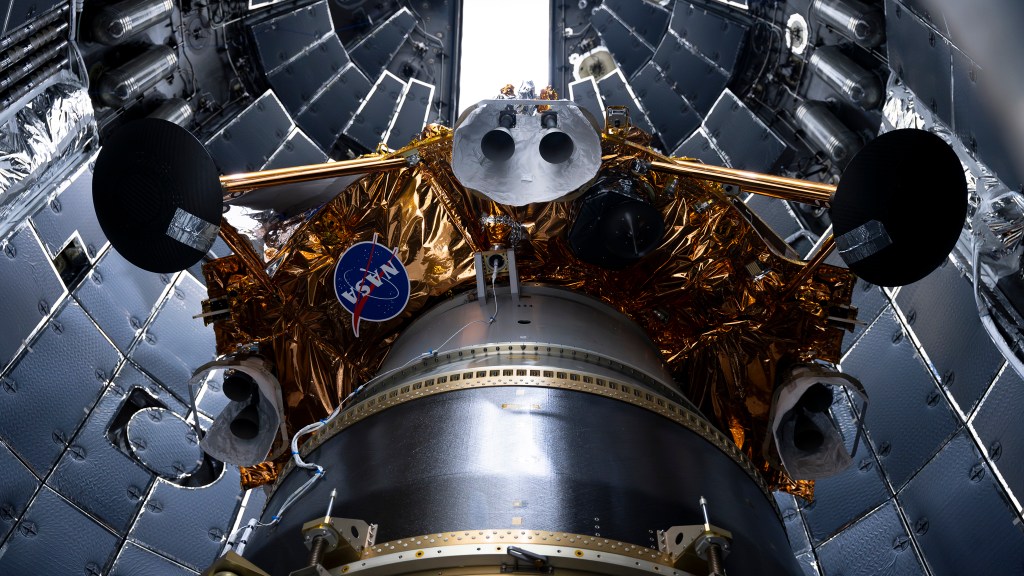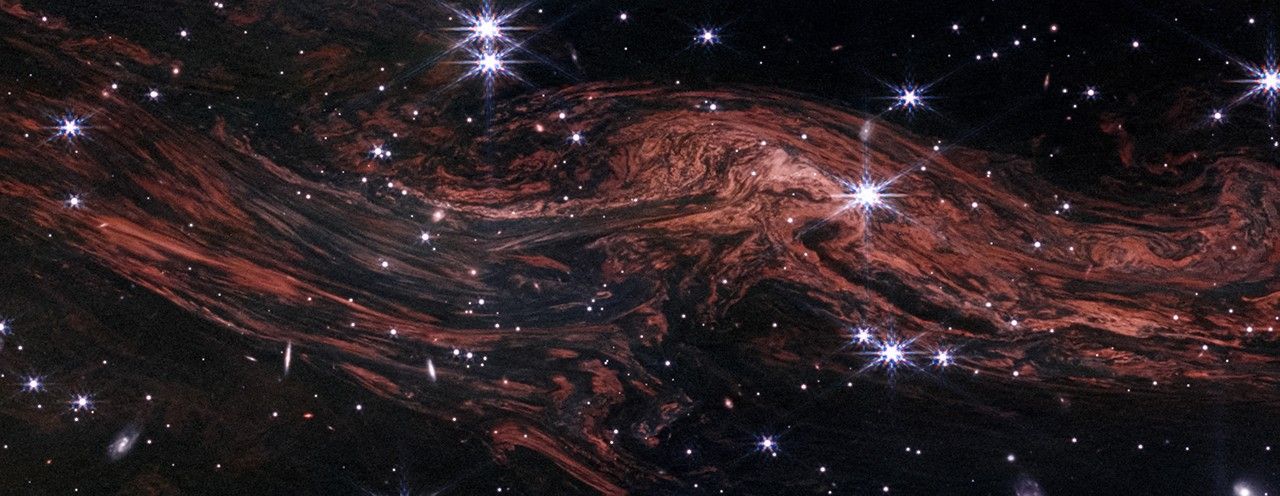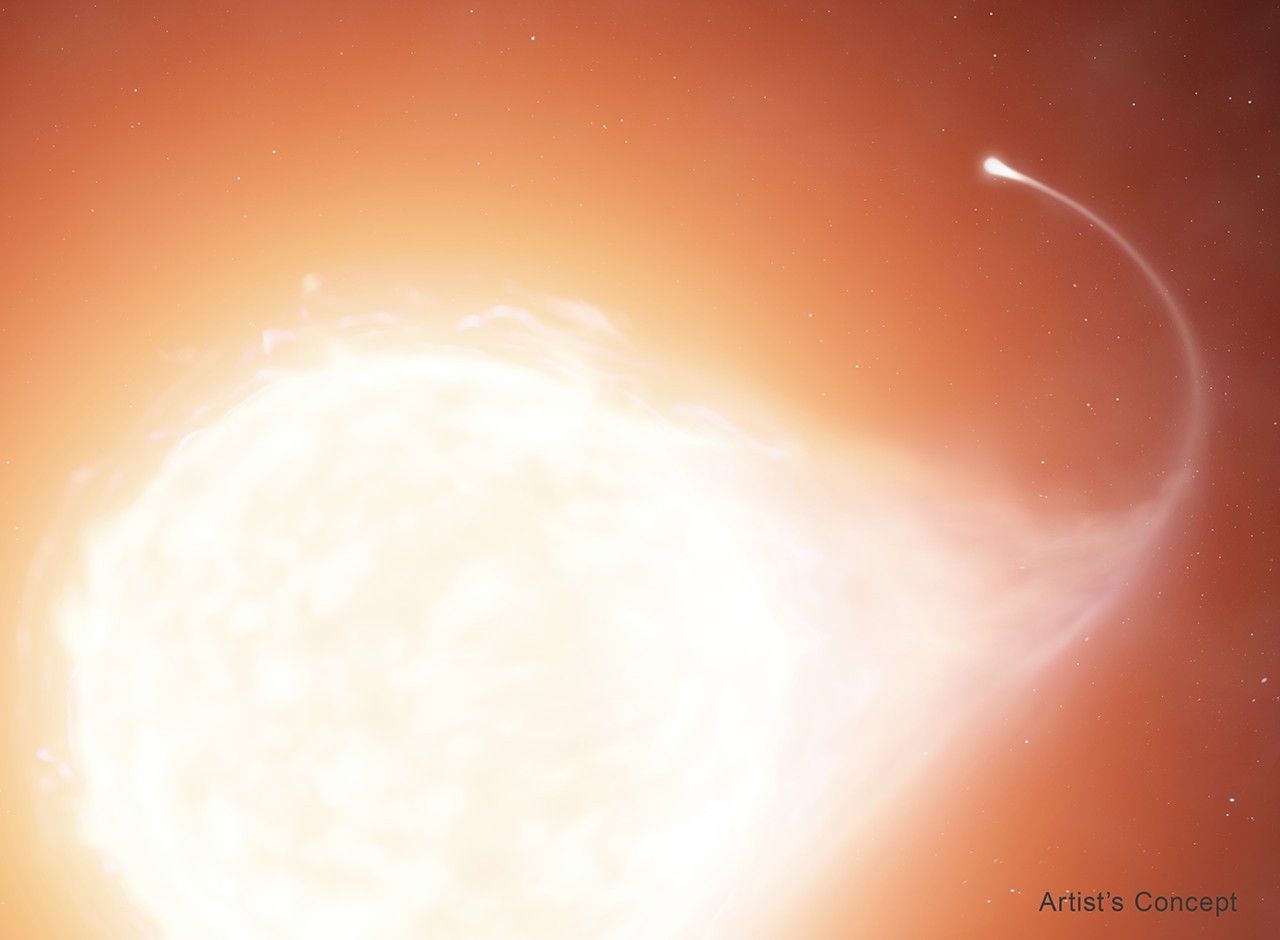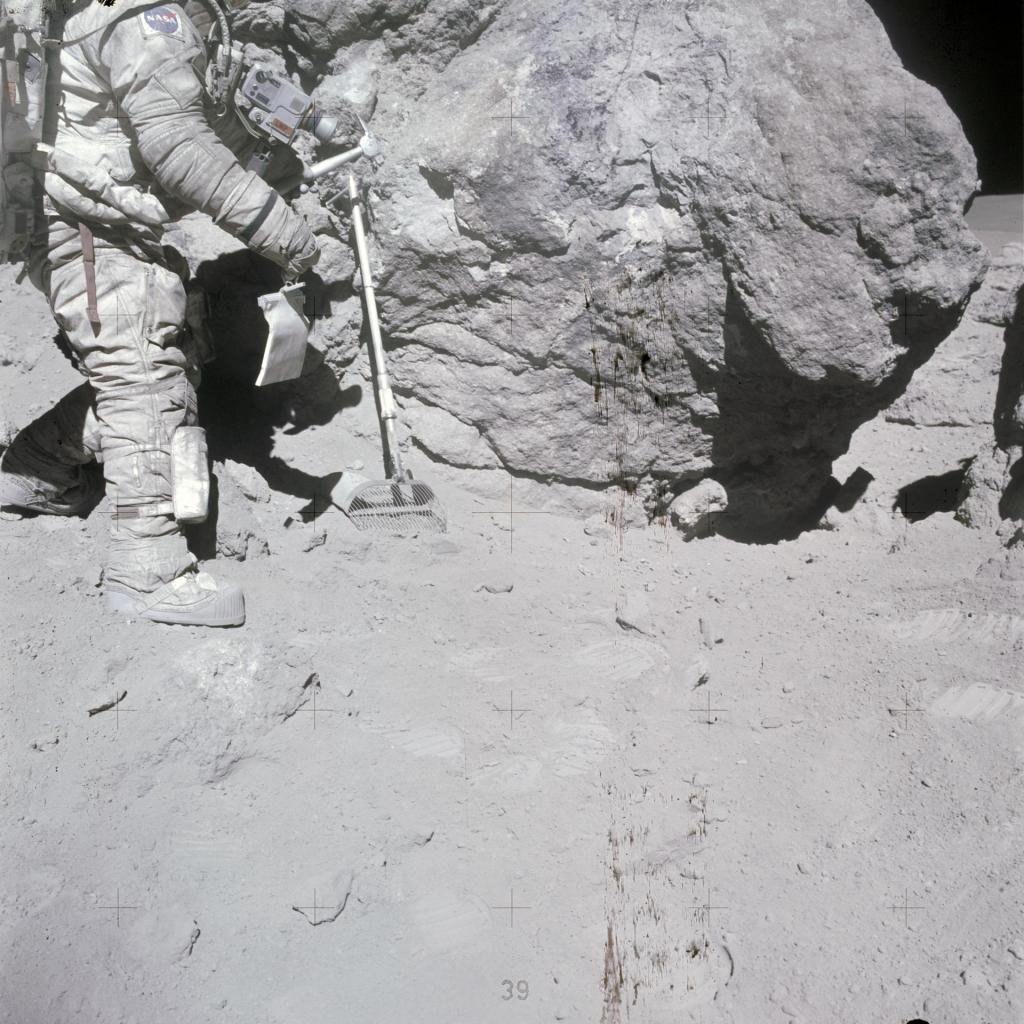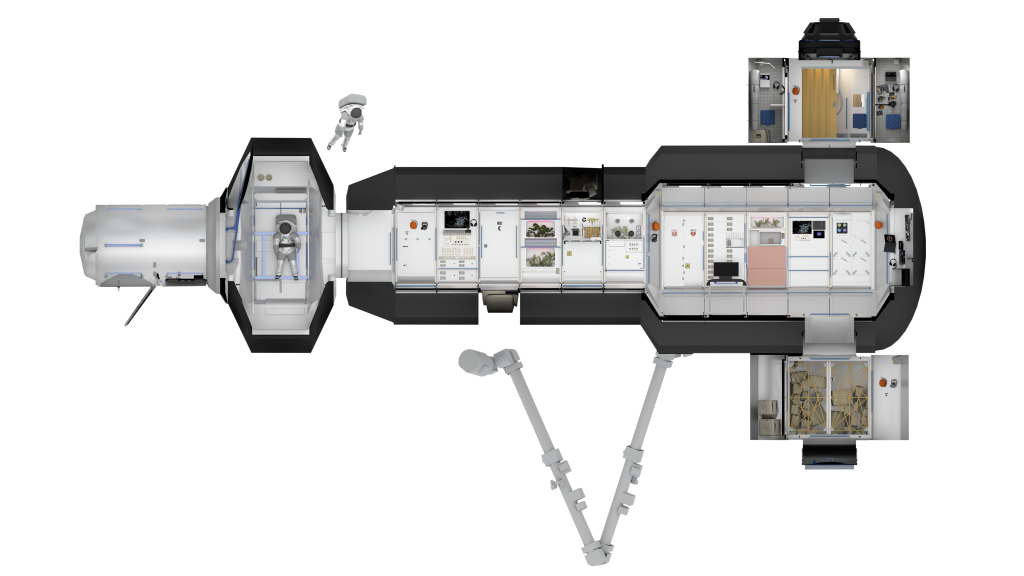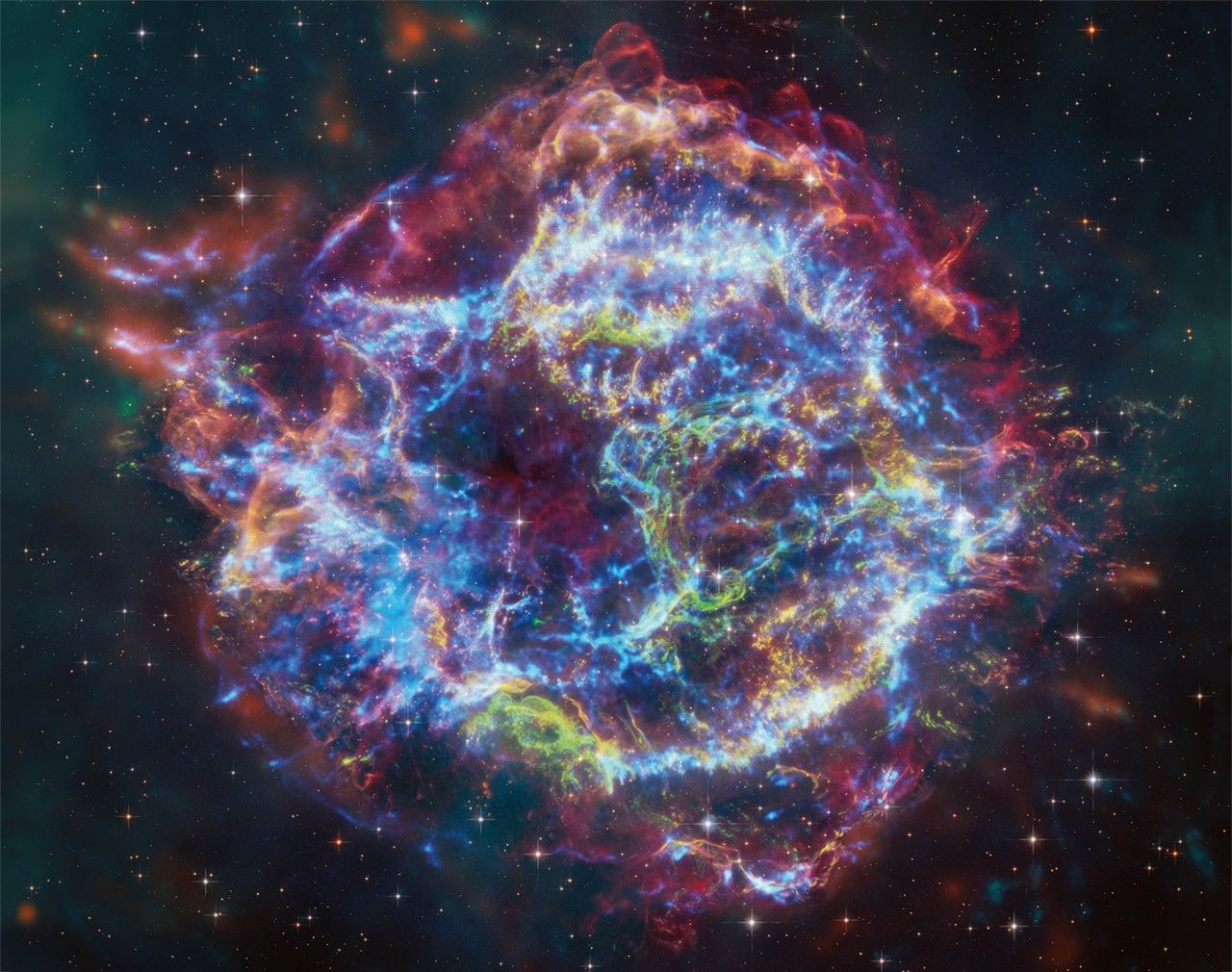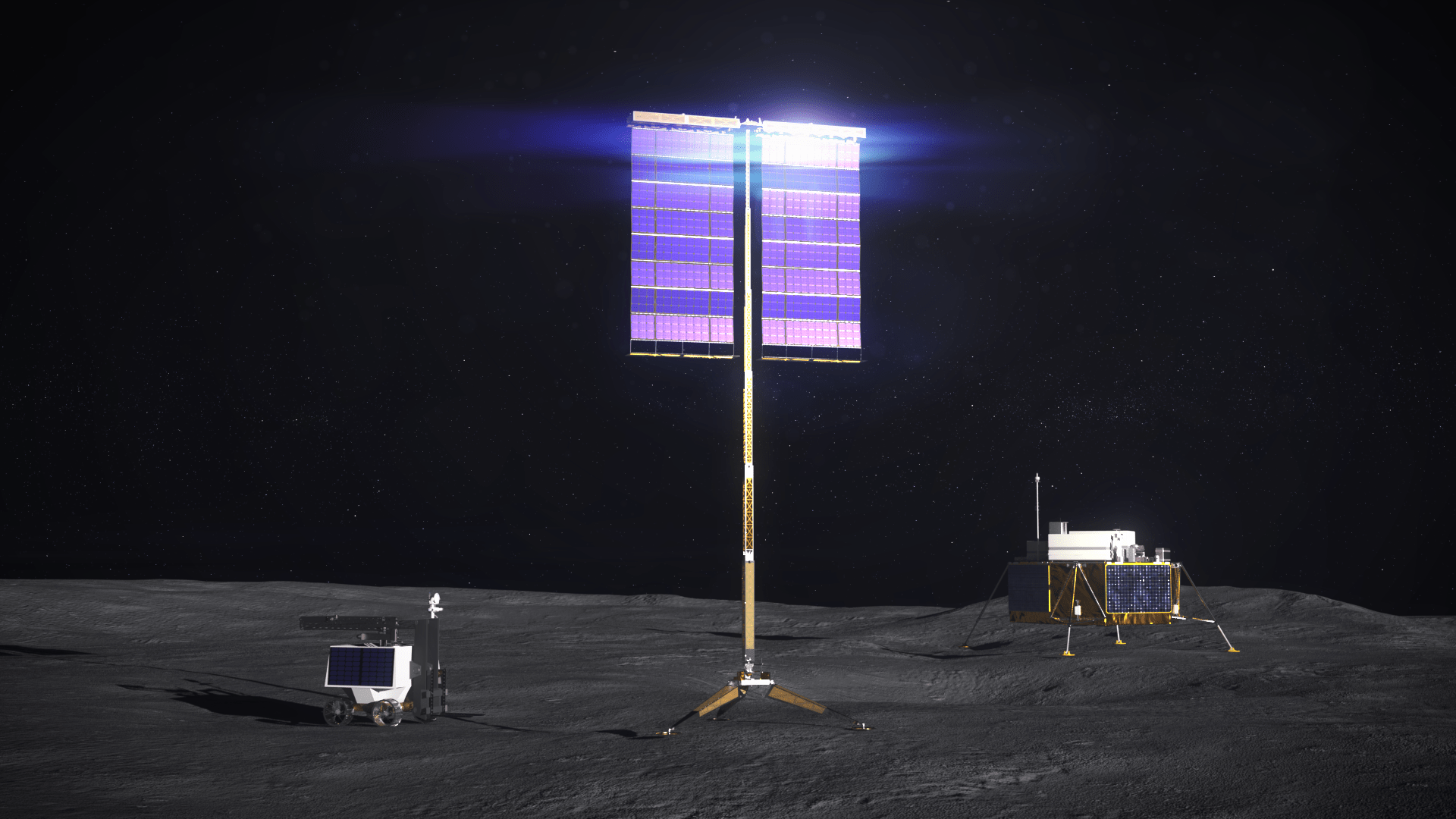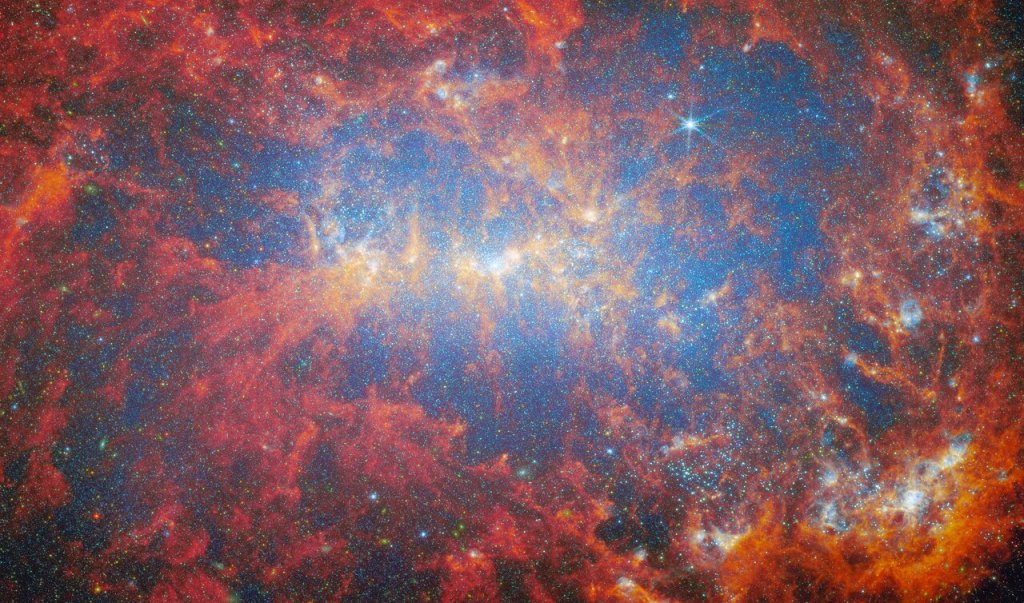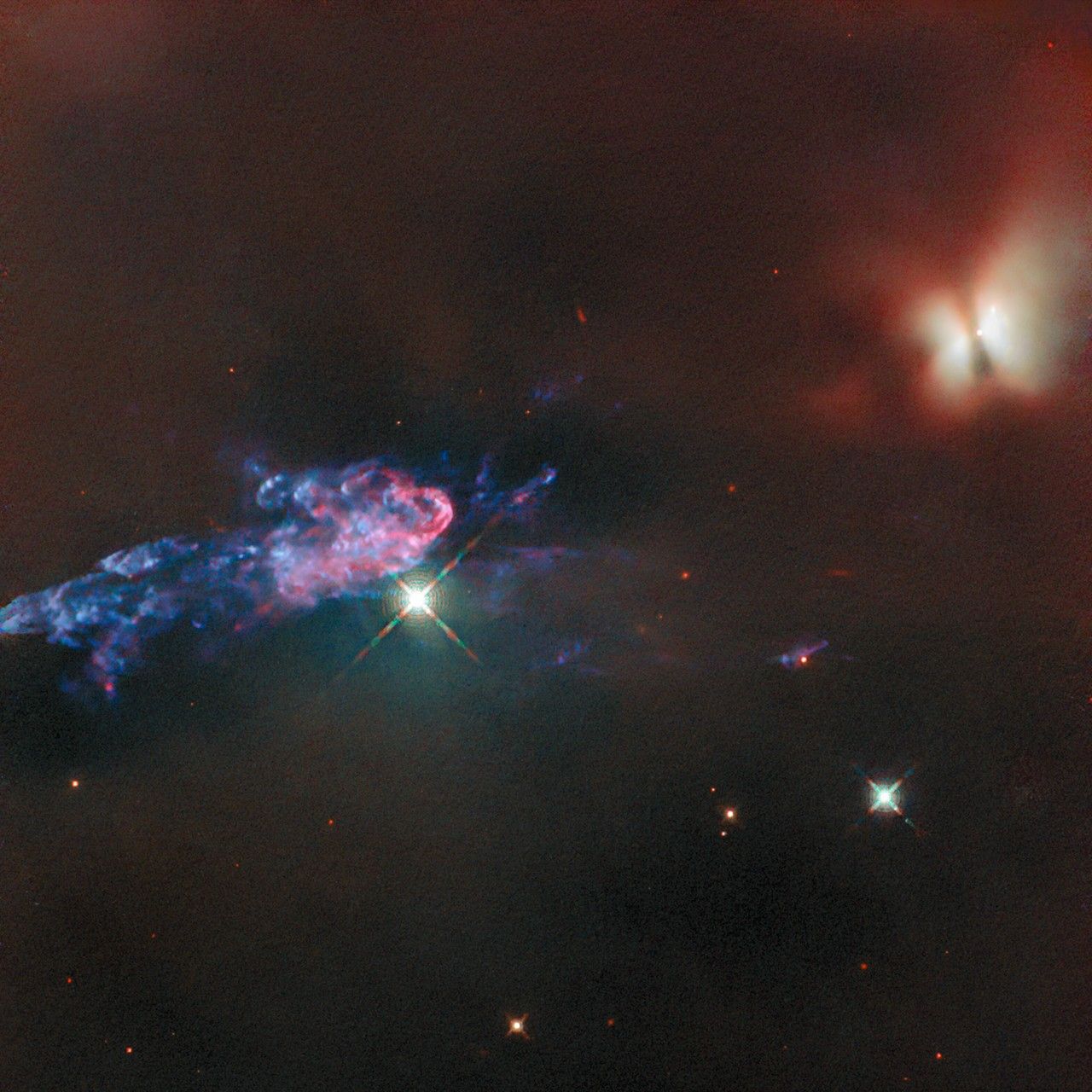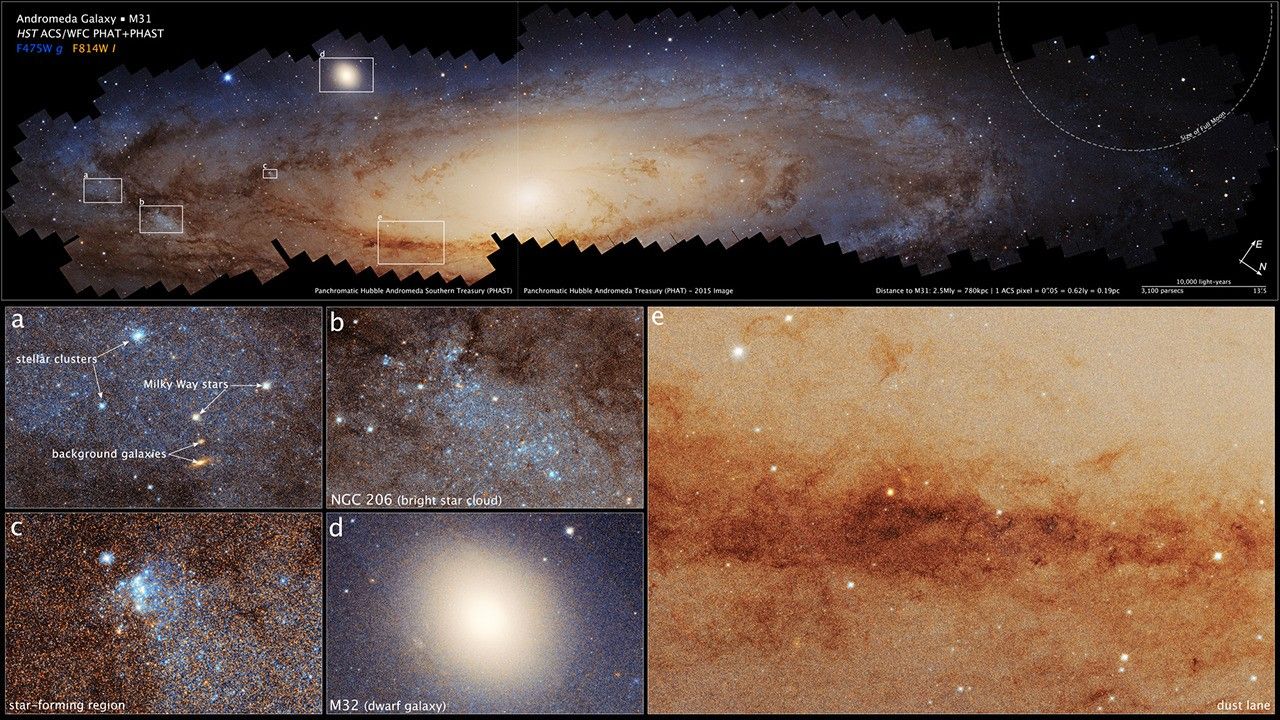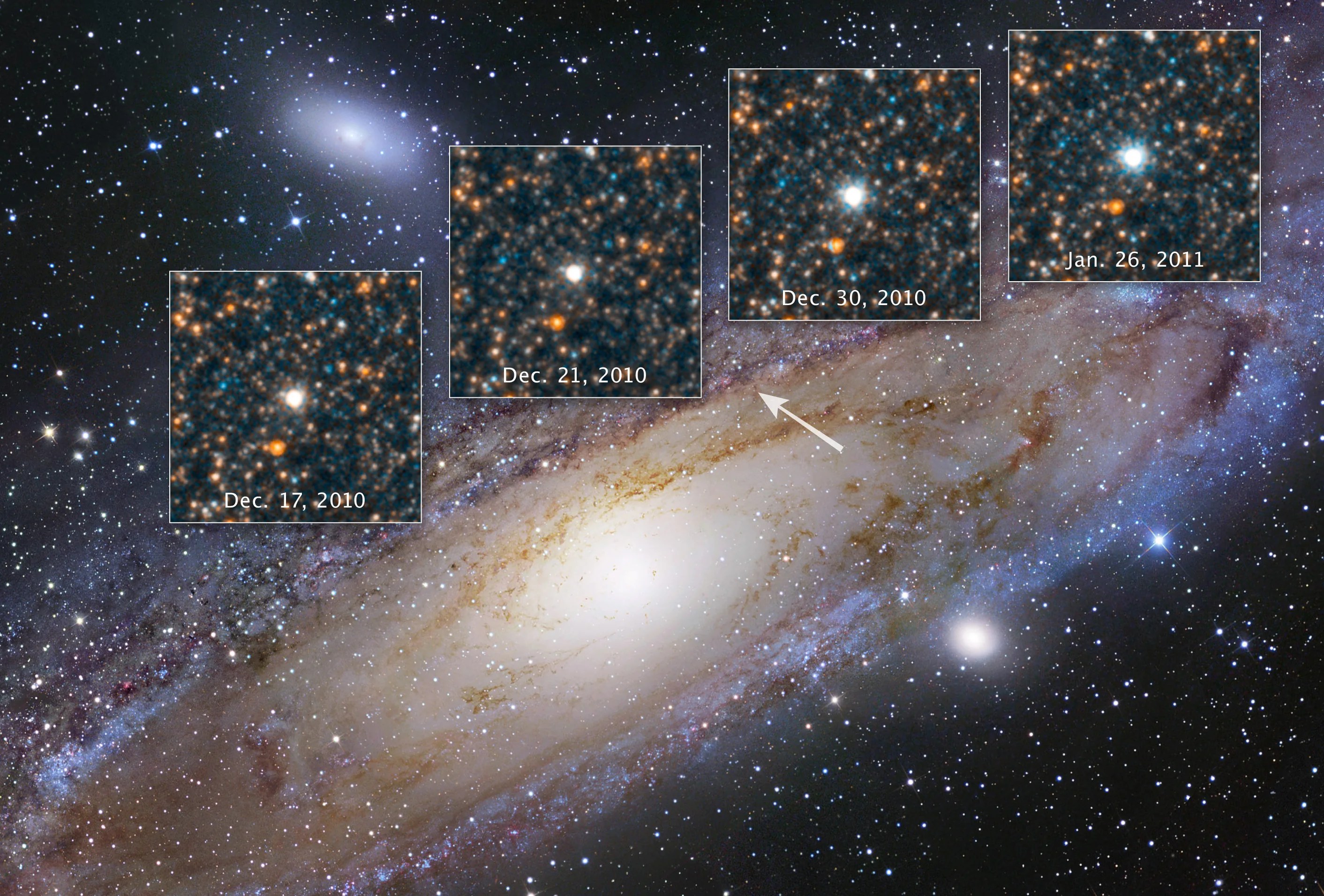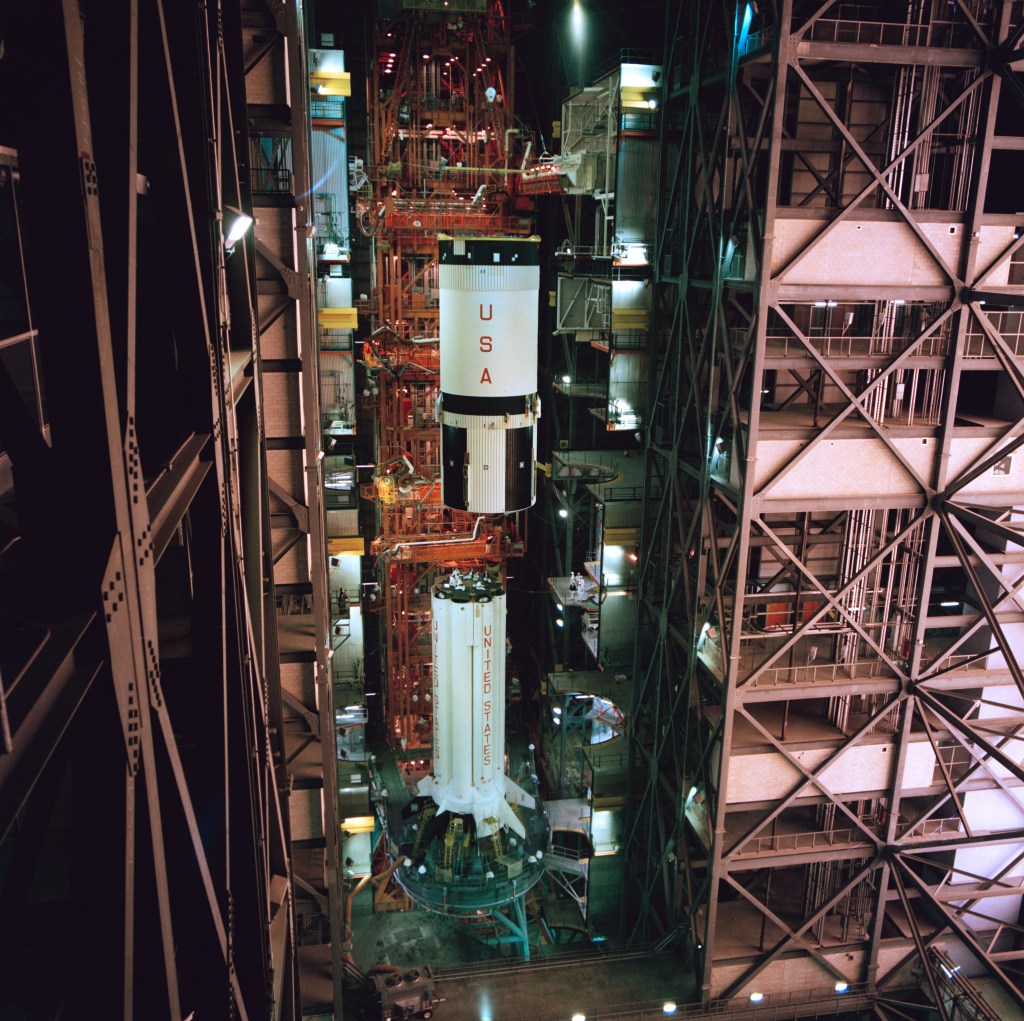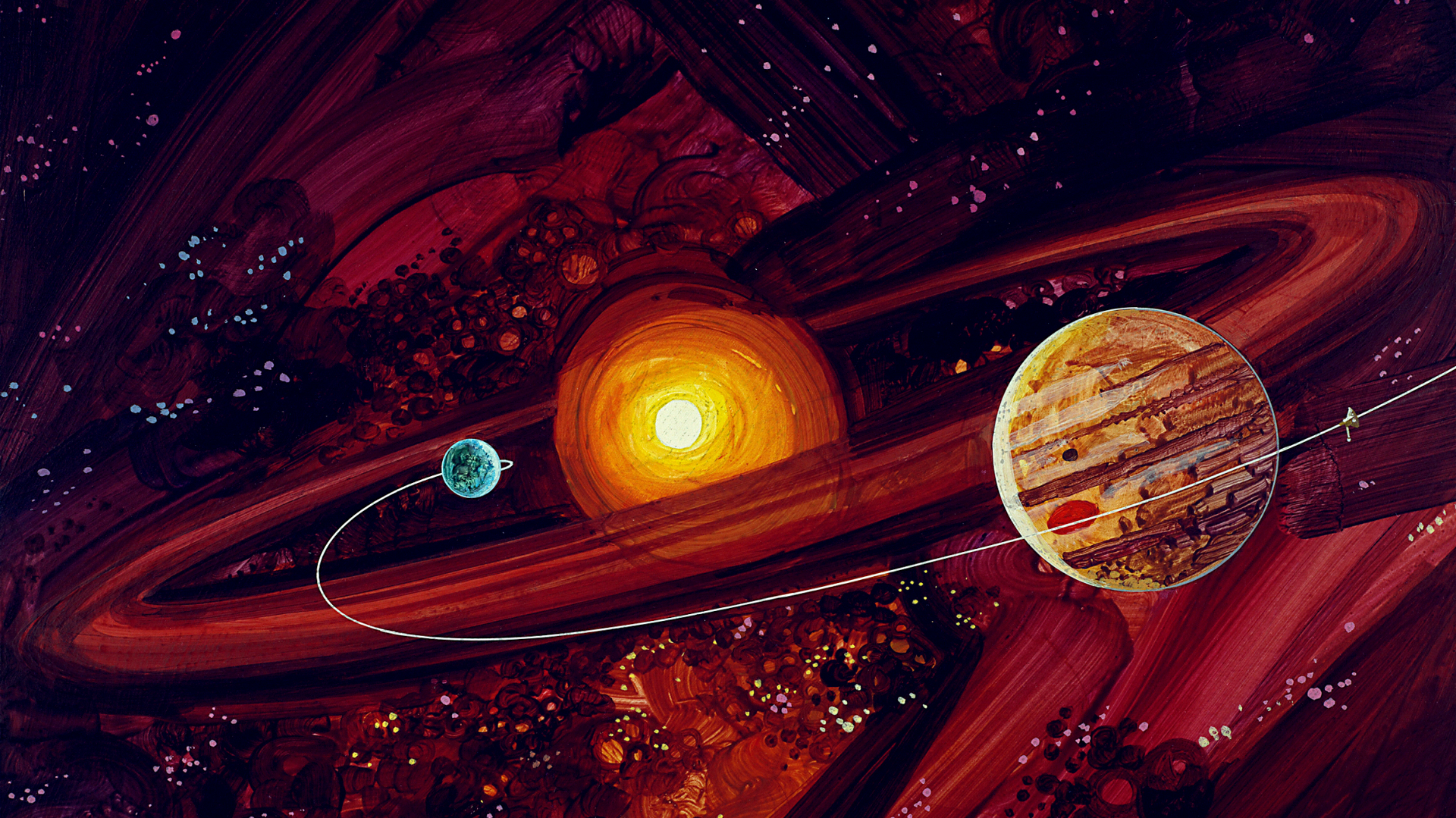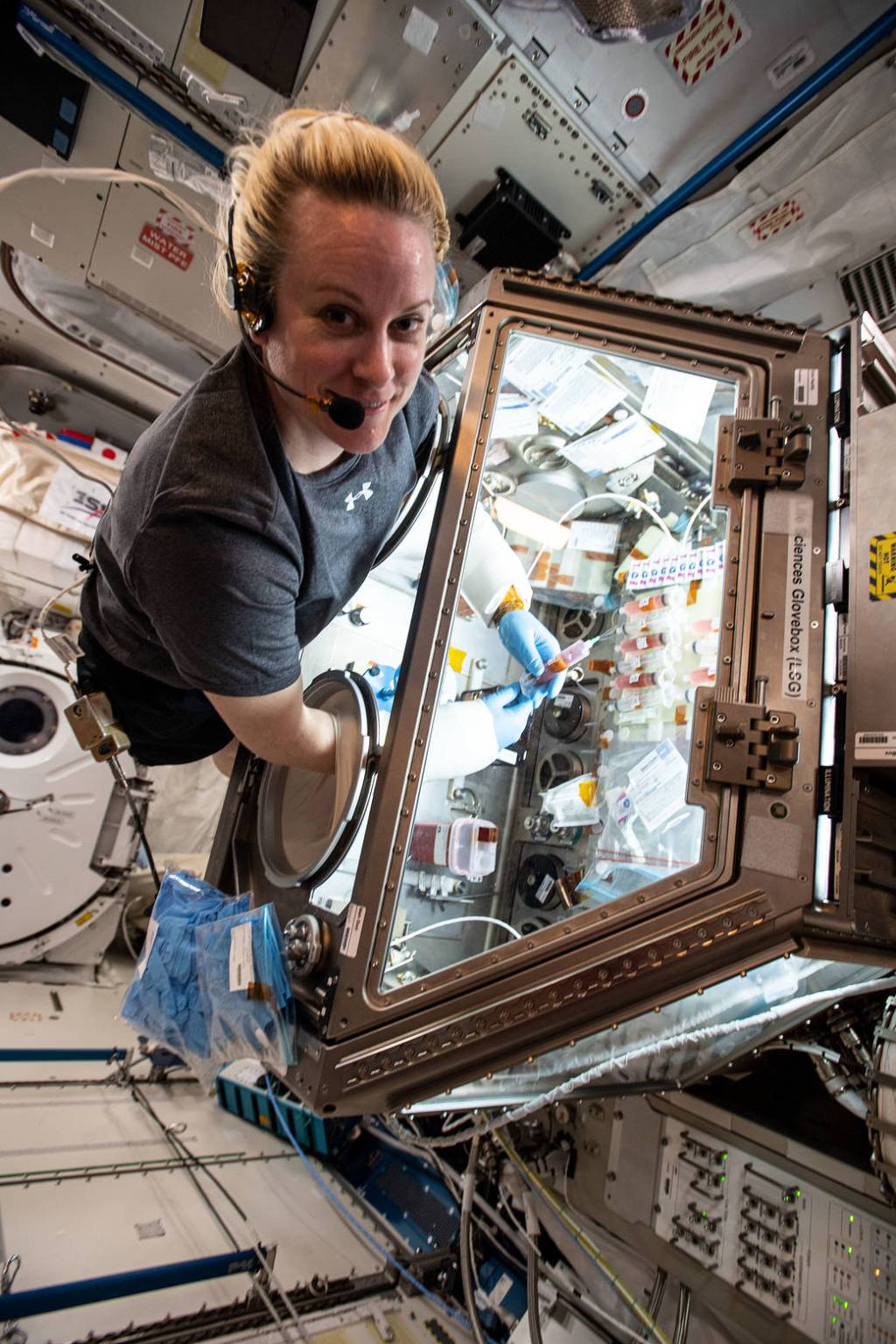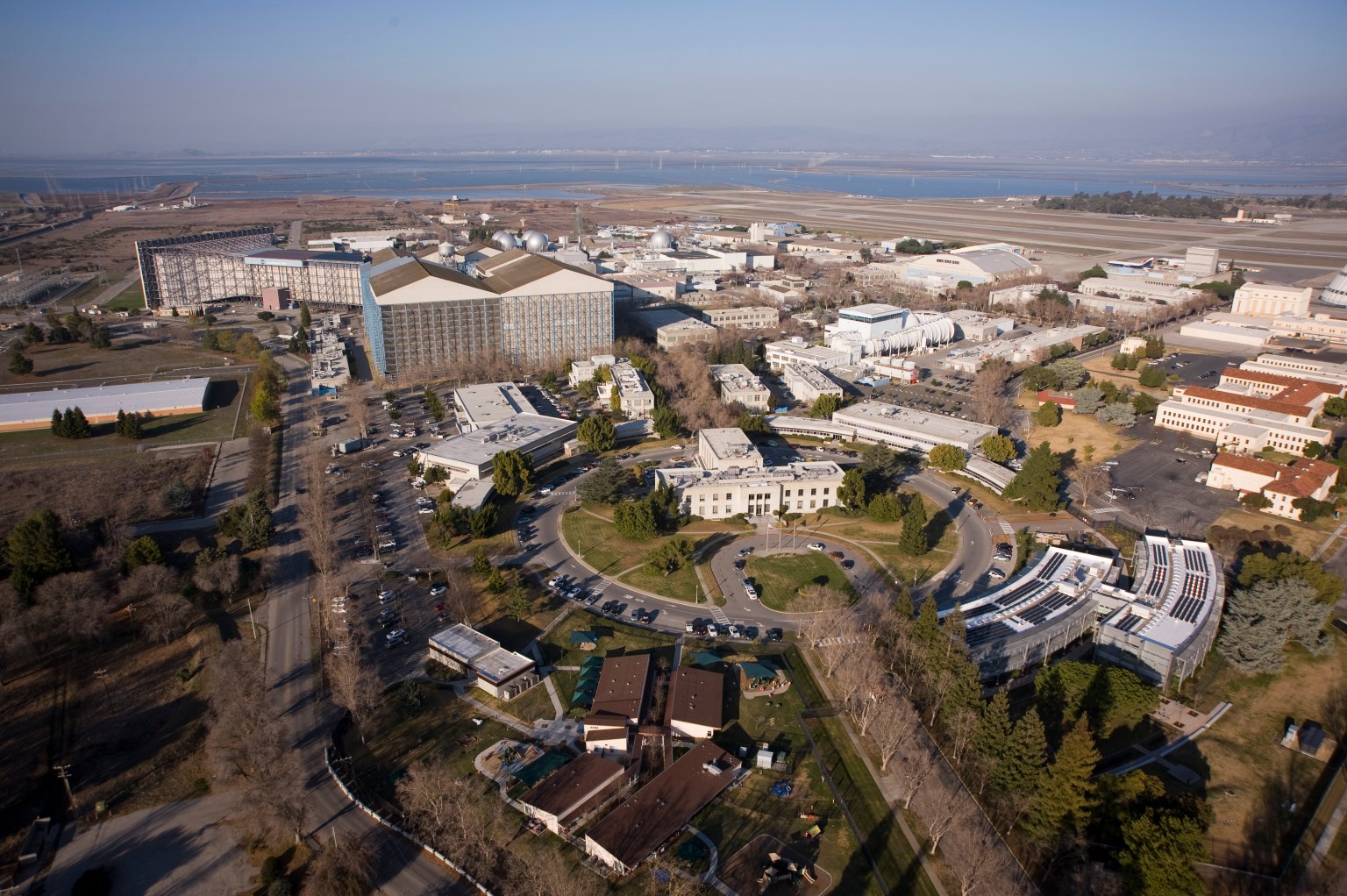Kelvin Long: Interstellar Flight And Seti In Galactic Civilizations
Since the emergence of civilization, humanity has looked to the stars and wondered if we are alone in the universe. The hunt for extraterrestrial life continues in earnest, but we are no closer to finding evidence otherworldly intelligence. For decades we’ve understood our own limitations in the search for life: our inability to traverse the vast expanse of the universe hinders any chance of interacting with our intergalactic neighbors, should we ever find them. Kelvin Long examined some of the proposed theories to overcome our current knowledge and technological gaps.
Abstract:
The quest for the stars is an inspiring one that promises discoveries and new knowledge that has profound implications for our view of the Universe. Yet, to travel to the stars requires breakthroughs in our physics and engineering knowhow. In this presentation the author examines what may be fundamental limitations to our technology which limits our expansion to other star systems. He begins with an examination of the historic quest for the Search for Extraterrestrial Intelligence (SETI), which varies from so called Drake-Sagan Chauvinism for an essentially crowded galaxy to Hart-Viewing chauvinism which advocates that our species is probably the first intelligent life to arise in the galaxy. He then considers a spectrum of interstellar advanced propulsion transport methods, and shows by a consideration of standard diffusion theory, that the use of ultra-relativistic or faster than light (ftl) flight may give rise to unstable equilibrium in galactic civilizations. This has implications for projected trends in our ambitions for becoming an interstellar culture, limited to low fractions of light speed. Other assumptions from the SETI community are also examined as critical review.
Biography:
Kelvin F. Long is a physicist and aerospace engineer. He is also the executive director and co-founder of the Initiative for Interstellar Studies, a not-for-profit organisation founded in the United Kingdom, as well as the former vice president and co-founder of the US non-profit Icarus Interstellar. He is the founder and managing director of the aerospace consultancy Stellar Engines Ltd and director and co-founder of the company Nebula Sciences Ltd. He is also the chief editor of the Journal of the British Interplanetary Society, and a Chartered Member of the Institute of Physics. He is the author of several books, including “Deep Space Propulsion: A Roadmap to the Stars” and the editor of the i4is volume “Beyond the Boundary,” as well as his forthcoming publication “The Stars in our Times; Interstellar musings and other thoughtful essays.” Through his education, research and business activities, he works to bring about an interstellar focused society.

